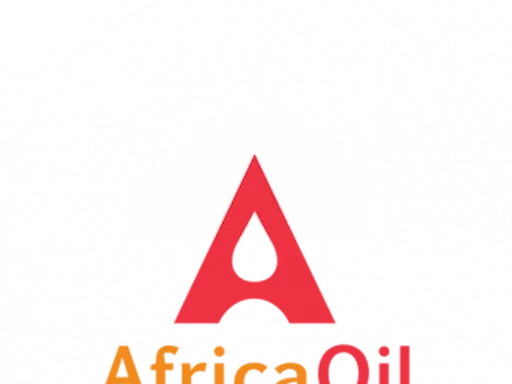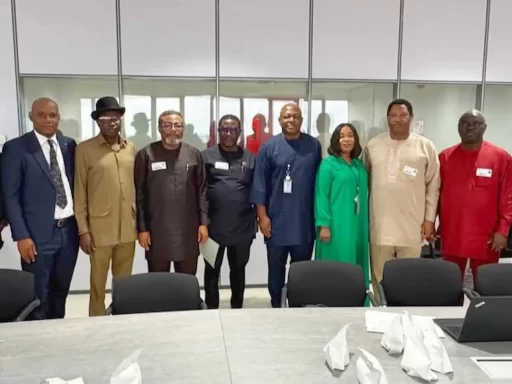DAPPMAN — Shallow Water Drafts, Ports Inefficiency Hindering Downstream Oil Operations
By Naija Enquirer Staff
The Depot and Petroleum Products Marketers Association of Nigeria (DAPPMAN) has flagged shallow water drafts, congested ports, and cumbersome customs procedures as key obstacles slowing product movement in Nigeria’s downstream oil sector. The Association urged government to urgently address aging pipelines and infrastructure gaps to support industry efficiency and competitiveness.
Ports and Pipeline Deficiencies Disrupt Supply Chain
DAPPMAN Chairperson, Mrs. Moroti Adedoyin-Adeyinka, represented by Mrs. Ngozi Ekeoma of Nepal Energies Ltd, made the call during the OTL Africa Downstream Week 2025 in Lagos. She warned that despite the Dangote Refinery’s 650,000 barrels-per-day capacity signalling major progress toward ending fuel imports, weak infrastructure could undermine its impact. Nigeria’s pipelines, many built over 40 years ago, suffer from vandalism and poor maintenance, forcing operators to rely on road transport, raising costs and risks.
Digitalisation and Policy Reform Required
Adedoyin-Adeyinka urged the government to digitalise port systems, simplify customs clearance, and strengthen turnaround efficiency to enhance downstream logistics. She highlighted that while the Petroleum Industry Act (PIA) created solid reform structures, delays in implementation and weak coordination are creating uncertainty for investors. She recommended establishing a Downstream Infrastructure Implementation Taskforce to fast-track projects, harmonise tariffs, and ensure fair access to critical facilities.
Strategic Expansion Needed to Match Refining Growth
The DAPPMAN chief said domestic refining is increasing, with modular and private refineries emerging in several states. However, she stressed this growth must be backed by logistics investment, including pipeline links from Dangote Refinery to inland depots, expanded northern storage, and modern truck parks for safer product movement. She also called for harmonised ECOWAS and AfCFTA product standards and regional depots to strengthen Nigeria’s role as an energy hub.
Financing, Transparency Critical to Success
Adedoyin-Adeyinka called for incentives including infrastructure tax credits, energy bonds, and local financing to empower indigenous operators. She emphasised that transparent tariffs and full deployment of the Midstream and Downstream Gas Infrastructure Fund (MDGIF) are crucial to closing logistics gaps. “The end of fuel imports is near. But progress depends on whether our infrastructure and policies match our refining growth,” she said.
She added that with strong accountability and coordinated policies, Nigeria could not only secure domestic fuel supply but also emerge as the leading fuel logistics and trading hub for West and Central Africa.







